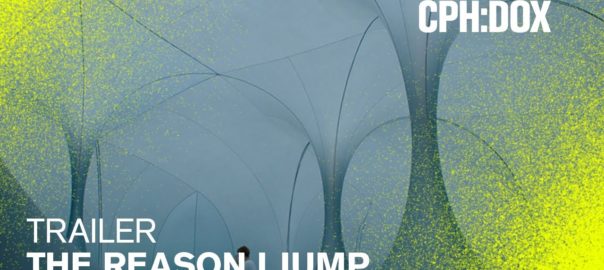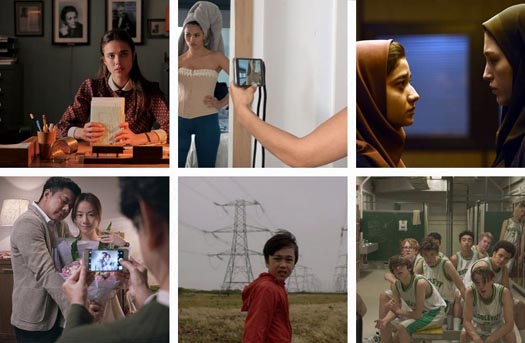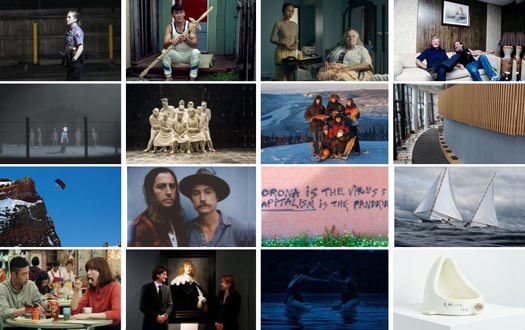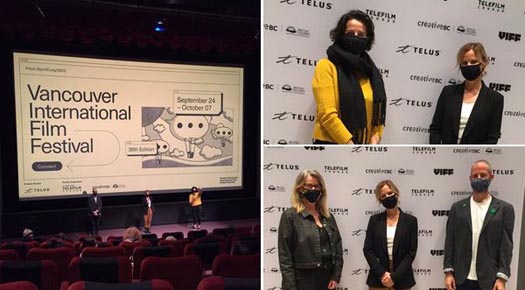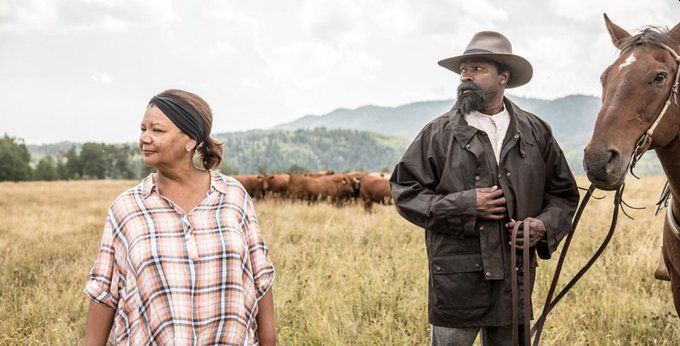 The newly-renovated Vancouver International Film Festival Centre | Vancity Theatre
The newly-renovated Vancouver International Film Festival Centre | Vancity Theatre
Here we are fewer than 54 hours until the 39th annual Vancouver International Film Festival wends its way to a close fourteen days on, at 11:59pm precisely, this upcoming late evening, Wednesday, October 7th.
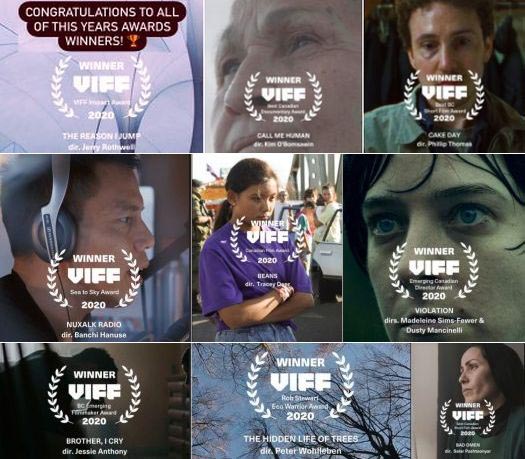
This past weekend, VIFF 2020 awarded nine outstanding films, including …
The Reason I Jump | VIFF Impact Award
Call Me Human | VIFF Best Canadian Documentary Award
Cake Day | Best British Columbia short
Nuxalk Radio | Sea to Sky Award
Brother, I Cry | Jessie Anthony, B.C. Emerging Filmmaker Award
The Hidden Life of Trees | Rob Stewart Eco Warrior Award
Bad Omen | VIFF Short Forum: Programme 4
![]()
![]()
![]()

At 6pm Tuesday, VIFF passholders will be able to go online to gain insight into the making of Jennifer Abbott and Joel Bakan’s hard-hitting The New Corporation: The Unfortunately Necessary Sequel, and their insight into how all of us can come together to engage in the fight to limit the power of corporations & engage in the struggle to respond to our climate emergency.

The Pencil. Recommended by VanRamblings friend and longtime VIFF aficionado, Joseph Jones, awarded both best director & Special Jury Prize at Japan’s Skip City Film Festival, and Russian Film Festival Grand Jury Prize & Best Actress winner, The Pencil emerges as yet another VIFF 2020 knockout, Russian director /writer /actress Natalya Nazarova’s heartwrenching tale of redemption framed by shots of a town’s pencil factory machinery, the film tracking Atonina — a young woman from St. Petersburg, who uproots to a cold, forbidding region of rural northern Russia where her artist husband is being held as a political prisoner — as she takes on a job as an art teacher at the local school. Confronted by a violent thuggish element who torment her and bully the children, as determined as she is to transform the lives of the children she engages, she soon becomes aware that she, and she alone, is the only one in the town willing to tackle the cruel realities of corruption in her new home.
Note of perspective: at the start of the film, Nazarova shows a pencil factory making millions of yellow pencils, the pencils emerging as both a metaphor and a symbol for the children in the town, who the adults see as both fragile and dispensable. At one point in the film, a bully easily snaps a pencil in half, as easily broken as the spirits of the children Atonina has set about to rescue. A hopeful note: at film’s end, Nazarova shows the factory again, except now the pencils are green, a symbol perhaps for the inspiring possibility of change Atonina has wrought in the lives of the children.
![]()
![]()
![]()

Full VanRamblings coverage of VIFF 2020 may be found here.
